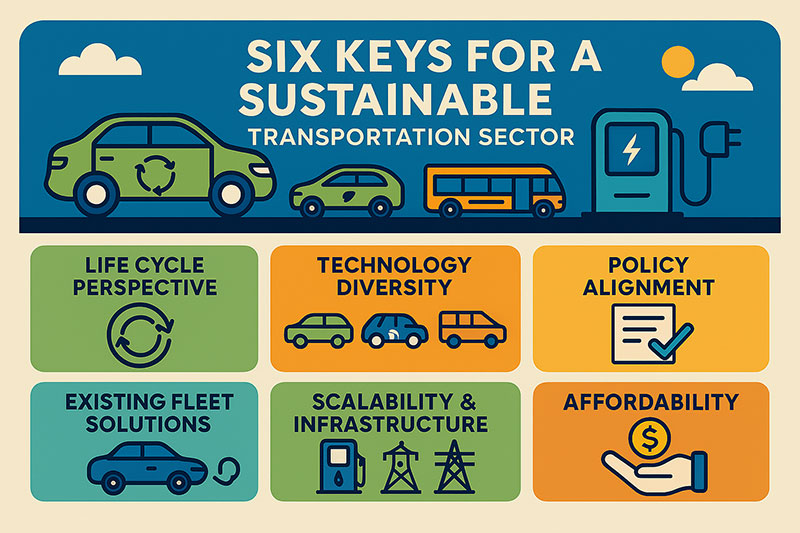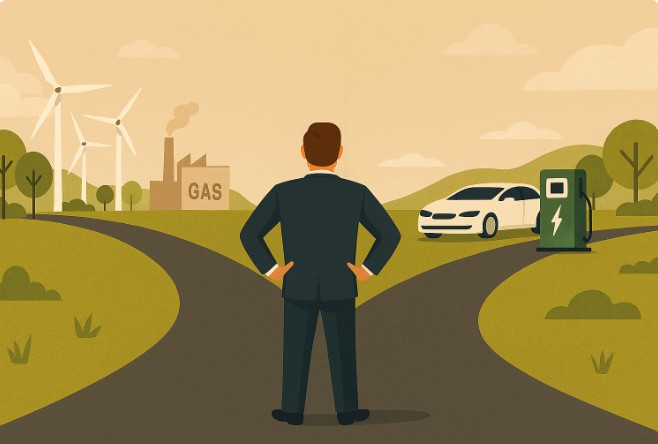November 17, 2017
By the year 2040, the world population is expected to grow by 25% to 9.1 billion people and the global car fleet is expected to double. With such extraordinary growth on the horizon, it is not surprising governments around the world are increasingly announcing and/or implementing initiatives to tighten fuel economy and emissions standards, set zero emission vehicle targets, mandate more blending of biofuels, ban or otherwise limit driving and improve overall fuel quality.
“The efforts of government agencies at the international, national and local levels to reduce emissions and congestion will have far reaching consequences for the fuels and vehicles industries,” said John Eichberger, executive director of the Transportation Energy Institute. “We commissioned this study to get our arms around the slate of options being considered and implemented throughout the world. Understanding the scope of these initiatives, and recognizing the pace at which they are being considered, is essential to anticipating the future development of the transportation market.”
According to report:
- Almost 60 countries have developed or will be developing biofuels programs such as blend mandates and fiscal incentives.
- More than 40 countries have implemented or plan to implement mandatory GHG emission/fuel economy standards.
- More than 20 cities and/or countries have taken actions to ban or limit the use of internal combustion engines.
- At least 13 countries have programs to support zero emission vehicle markets.
- The vast majority of countries have mandated a reduction the sulfur content of diesel fuels and implemented light duty vehicle emissions reduction programs.
In order to better understand the future of mobility in any given market, it is essential to think globally. Automakers are increasingly seeking to harmonize their vehicle production plans. At the same time, governments are learning from one another best practices to combat universal problems like smog, air pollution and congestion due to increased vehicle travel.
“As nations learn from one another, regulations will continue to evolve and ultimately affect all markets throughout the world,” noted Eichberger. “Understanding how these policies can affect the market and might spread is critical to long-term market evaluation.”
“Global Initiatives” discusses and compares the current and future governmental regulations affecting the fuels and vehicles market. Along with highlighting trends in initiatives, the report also gives a fantastic oversight of where these regulations are currently being implemented and how fast they are spreading across the globe.
The full report and executive brief of “Global Initiatives: Assessing Current and Future Global Initiatives on Fuels and Vehicles” can be downloaded for free at www.fuelsinstitute.org/research.





